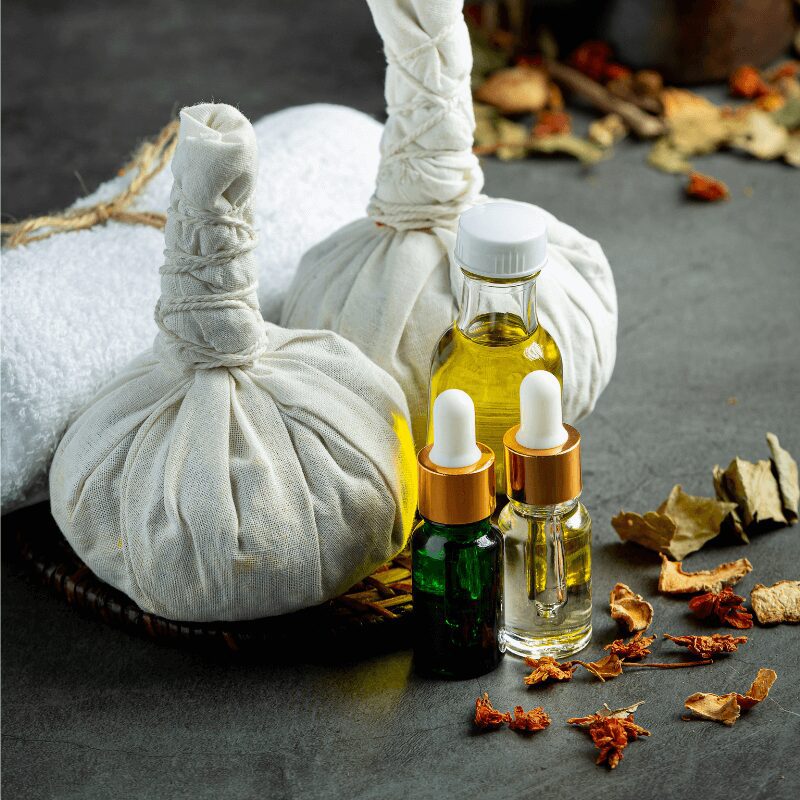Wisdom tooth pain can make everyday tasks like eating, speaking, and even sleeping feel uncomfortable. Whether your wisdom teeth are erupting or you’ve had them recently extracted, it’s normal to experience some discomfort. The key is understanding how to manage the pain, prevent infection, and ensure the extraction site heals properly.
When wisdom teeth removal is done by a professional, the healing process is often smooth — but neglecting aftercare or mismanaging pain can lead to complications. Knowing when to treat symptoms at home and when to call your oral surgeon is vital. This guide will walk you through the most effective strategies for wisdom tooth pain relief and proper socket cleaning.
Why Do Wisdom Teeth Hurt So Much?
As your third molars try to erupt, they can press against other teeth or grow at an awkward angle. This pressure often causes swelling, inflammation of the gum line, and tenderness in the surrounding tissue. In some cases, the impacted wisdom teeth remain trapped beneath the gums, creating more pressure and even infection if left untreated.
You may also experience tooth pain from food particles getting lodged around partially erupted wisdom teeth. If the area becomes difficult to clean, food debris and bacteria can accumulate, resulting in sore, inflamed gums and a bad taste in your mouth. Over time, this can lead to more serious complications like abscesses or dental pain that radiates across your jaw.

Symptoms That Indicate a Problem
If you’re dealing with wisdom tooth pain, you might notice symptoms like swelling, pain while chewing, jaw stiffness, or even earaches. These signs typically mean your gums are irritated or that the tooth pushing its way through is impacting the alignment of your other teeth. In some cases, the discomfort may be manageable — but persistent severe pain, redness, or difficulty opening your mouth should not be ignored.
Fever, foul breath, or pus near the site may indicate infection. These symptoms could mean the affected area is not healing properly and may require a professional cleaning, drainage, or antibiotics. If you’ve recently had your wisdom teeth removed and the pain worsens after a few days, you may be developing a dry socket — a condition where the blood clot at the extraction site dissolves or is dislodged too early

At-Home Wisdom Tooth Pain Relief Options
You don’t always need a prescription to find relief. There are several home remedies and natural remedies that can help ease discomfort. Clove oil is a popular option due to its anti inflammatory properties and natural numbing effect. Just apply a few drops to a cotton ball and gently press it to the painful area for 15–20 minutes at a time.
Another effective solution is an ice pack. Apply it to the outside of your cheek in 15-minute intervals to reduce swelling and provide short-term pain relief. If you prefer a soothing beverage, try peppermint tea, which not only helps reduce inflammation but also has a light anesthetic effect. Applying peppermint oil topically also works — just be sure it’s diluted.
Using Over-the-Counter Solutions for Wisdom Tooth Pain Relief
- For persistent pain, try over the counter medication like ibuprofen to reduce inflammation and provide pain relief.
- Ibuprofen is especially effective for relieving gum swelling and jaw pain.
- Apply topical pain relievers or numbing gel directly to the affected area for temporary relief.
- Use numbing gels only as directed, and avoid excessive or prolonged use without dental supervision.
- For best results, combine medication, cold compresses, and adequate rest.
- This combination often leads to the most effective pain management after wisdom teeth removal.
Saltwater Rinse: A Simple but Essential Step
After wisdom teeth removal, keeping the extraction site clean is just as important as managing pain. A gentle saltwater rinse helps eliminate bacteria, reduce inflammation, and prevent food debris from becoming lodged in the socket. Mix half a teaspoon of salt into a glass of warm water, then gently swish it in your mouth for 30 seconds and let it fall out naturally.
Begin rinsing 24 hours after your procedure — doing it too soon can disrupt the healing blood clot. A salt water rinse should be done after meals and before bed, especially during the first week post-extraction. Avoid using mouthwash that contains alcohol during this time, as it may irritate the gums and delay healing.

What to Eat After Wisdom Teeth Are Removed
After your procedure, your gums are vulnerable, and you’ll want to eat soft foods that don’t require chewing. Mashed potatoes, yogurt, applesauce, and scrambled eggs are excellent choices for the first few days. Drinking warm water or peppermint tea can also help soothe the affected area and promote a speedy recovery.
Avoid hot, spicy, or sugary foods, as well as foods that can easily get stuck like seeds or crunchy chips. Be mindful to avoid chewing on the side of the extraction site, especially during the first 3–5 days. As healing progresses, you can gradually reintroduce more solid foods, but always follow your dentist’s specific recommendations.
Need help choosing the right foods or unsure if your pain is normal? Contact Advanced Dental Care of Indiana for customized recovery support and expert aftercare.
How to Clean the Wisdom Tooth Hole Safely
- Start with a saltwater solution (½ teaspoon of salt in warm water) to gently rinse your mouth.
- Swish the solution gently to dislodge food debris without disturbing the healing tissue.
- Never use a straw – the suction can dislodge the blood clot and cause dry socket.
- If your dentist provided an irrigation syringe, use it as directed to flush the socket.
- Avoid brushing directly over the extraction site for the first few days.
- Continue to brush your other teeth carefully with a soft-bristled toothbrush.
- Focus on keeping the affected area clean without irritating or disrupting it.
Preventing Infection and Promoting Healing
Good hygiene and rest are critical to healing. Aside from rinsing, apply ice packs as needed, keep your head elevated when lying down, and avoid physical exertion during the first few days. Stay hydrated by sipping glass of warm water or broth throughout the day, but don’t gulp or swish aggressively.
Some patients use tea tree oil, aloe vera, or peppermint extract in their rinses for added anti-inflammatory properties. These natural ingredients can help soothe the gums and may support the healing process. However, check with your dentist before using alternative medicine, especially on open wounds.

When to Call a Dentist
While some pain and swelling are expected, certain signs mean it’s time to call your oral surgeon or dental surgeon. Persistent severe pain, bleeding beyond 24 hours, or signs of infection like fever, pus, or a sour taste all require immediate attention. These could indicate complications like dry socket, nerve damage, or bacterial infection.
Additionally, if the pain spreads to your jaw, neck, or ear, or if you feel numbness in your lips or tongue, call your dentist right away. Early intervention can prevent long-term damage and help you return to your normal routine faster.
Think your symptoms might need a closer look? Trust the experienced team at Advanced Dental Care of Indiana to help you heal safely and comfortably — schedule your visit today.
We’ve got office locations in Anderson, Fortville, and Indianapolis, so you can pick the one that’s closest to you!
Anderson Dental Office : (765) 622-7000
Fortville Dental Office : (317) 485-7000
Indianapolis Dental Office: (317) 926-5200
Final Thoughts on Wisdom Tooth Pain and Recovery
Recovering from wisdom teeth removal or managing wisdom tooth pain doesn’t have to be overwhelming. With the right tools — from saltwater rinses to clove oil and soft foods — you can reduce discomfort, promote healing, and avoid complications. Keep your mouth clean, follow aftercare instructions, and monitor your symptoms closely.
If pain continues or worsens, don’t hesitate to reach out for help. The sooner you treat the issue, the sooner you’ll be back to eating comfortably and smiling pain-free.
Key Takeaways
- Use home remedies like clove oil, peppermint tea, and ice packs for natural pain relief.
- Rinse gently with saltwater to clean the extraction site and prevent infection.
- Stick to soft foods and avoid chewing near the socket during early recovery.
- Watch for signs of complications like severe pain, swelling, or infection and contact a professional.
- Advanced Dental Care of Indiana is ready to support your healing every step of the way.

